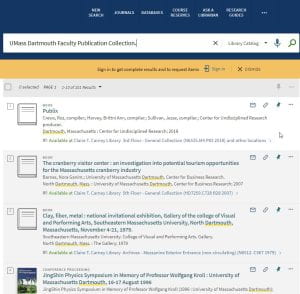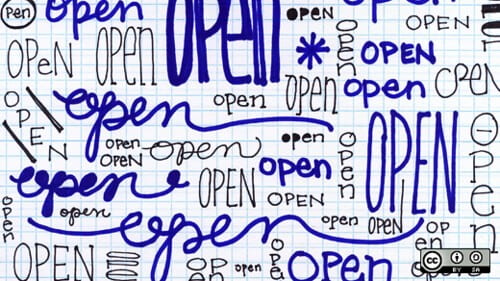by Matt Sylvain
Have you given much thought to how libraries connect users with articles? If not, that’s okay. That’s what you have librarians for, and we think a lot about how to better connect our users with content. We recently added a new tool to help you locate open access articles.
Online library access is typically determined at the journal level. If the library has a subscription to a journal, then library users will be given access to the full text articles covered by that subscription. If the library doesn’t subscribe, then users are directed to interlibrary loan (ILL) through which they can request articles from other libraries for free. However, this access model falls short when you consider the recent increase in subscription publications that offer authors the ability to make their articles available open access (OA) — often for a cost. Libraries need an efficient way to connect their users with OA articles regardless of a library’s subscription status. After all, if the author paid to make an article OA, then librarians want to eliminate unnecessary obstacles to access. We don’t want you to have to submit an ILL request for something you can read immediately!
This summer, we implemented a tool called LibKey Link in our EBSCOhost and PubMed databases (ProQuest integration is forthcoming). LibKey Link identifies availability at the article level as opposed to the traditional method of determining access based on journal subscriptions. Why is this important? It enables direct linking to open access articles in journals we don’t subscribe to. There is no change to the user interface — so you need to pay close attention to notice the difference. LibKey also favors the OA version of record, only selecting the OA non-version of record if it’s the only option aside from ILL. You can read more about LibKey’s “linking waterfall” on the vendor’s website.
Perhaps the best way to understand what’s going on is to run a search. Open CINAHL and search for diabetes mellitus. You’ll notice the search results look exactly as they did before. However, when you click on “Find a Copy @ UMassD Libraries” you will be directed to the open access full text instead of being sent to Primo, the online library catalog. Besides decreasing the number of clicks needed to access the full text, LibKey is also likely to decrease the number of ILL requests for OA articles. In cases when the article isn’t available through Third Iron, users will be directed to Primo just as they have been in the past.
Image by Libby Levi for opensource.com, license CC BY-SA 2.





